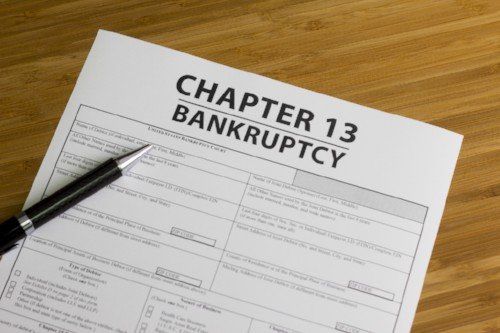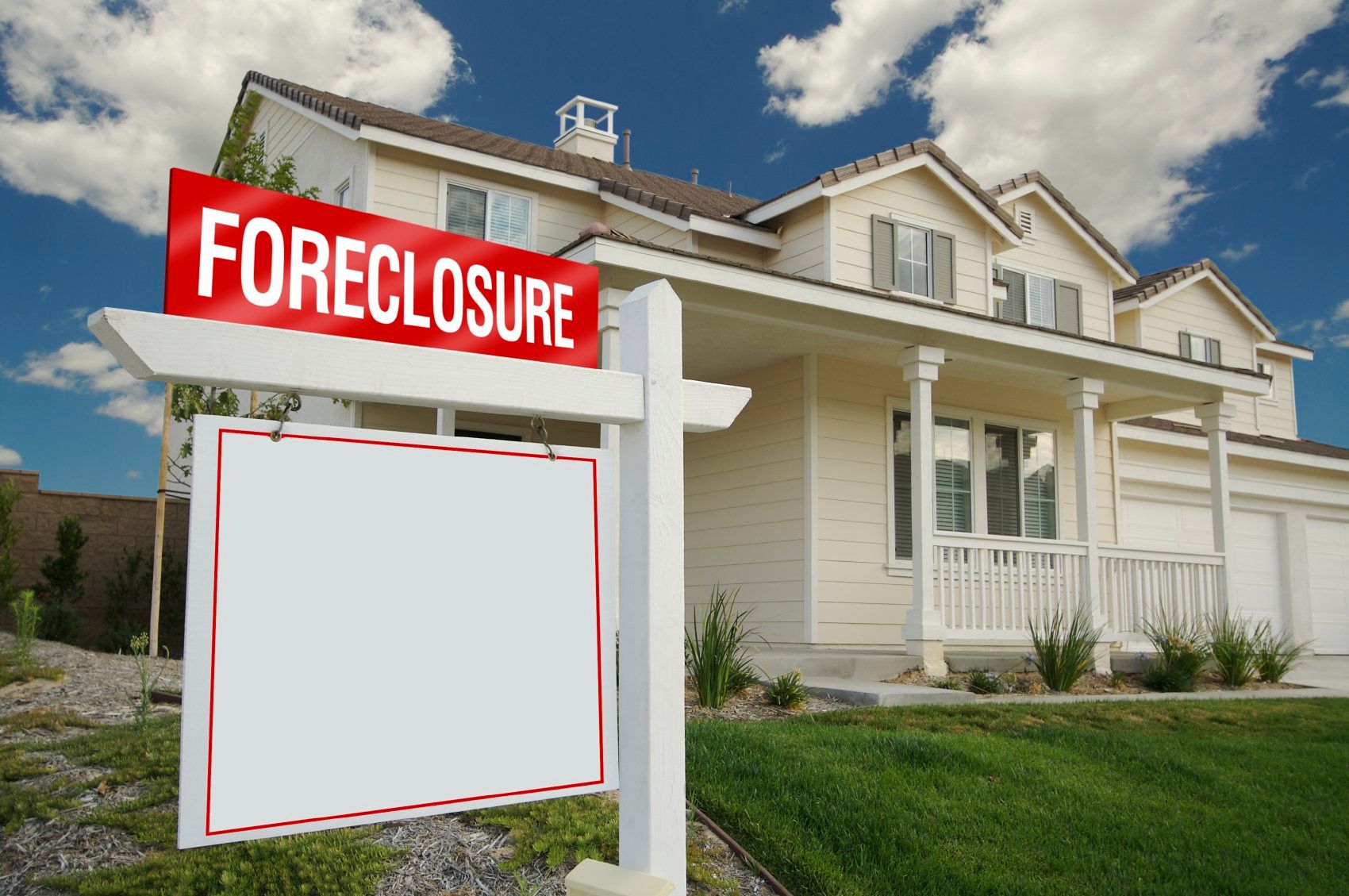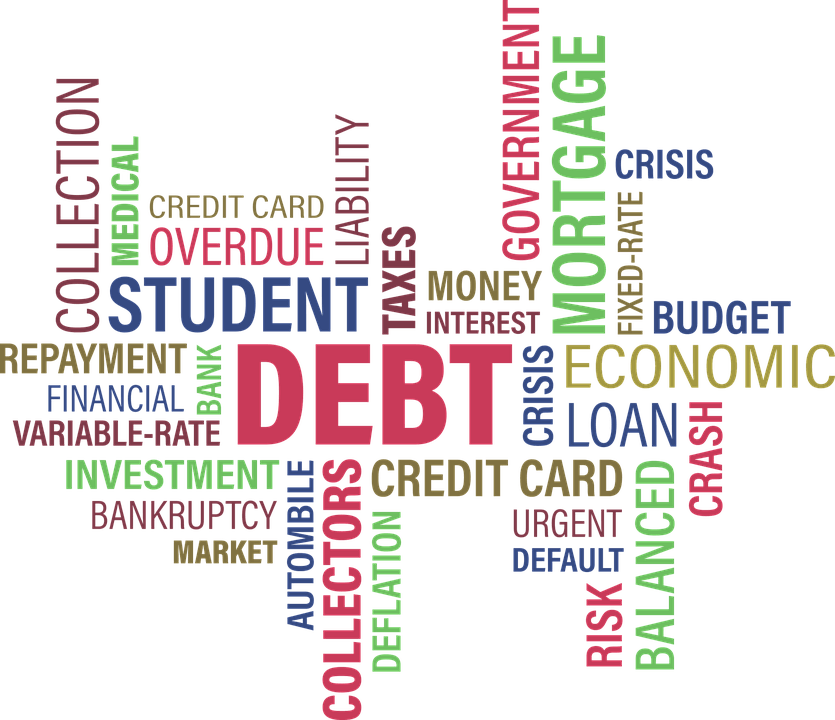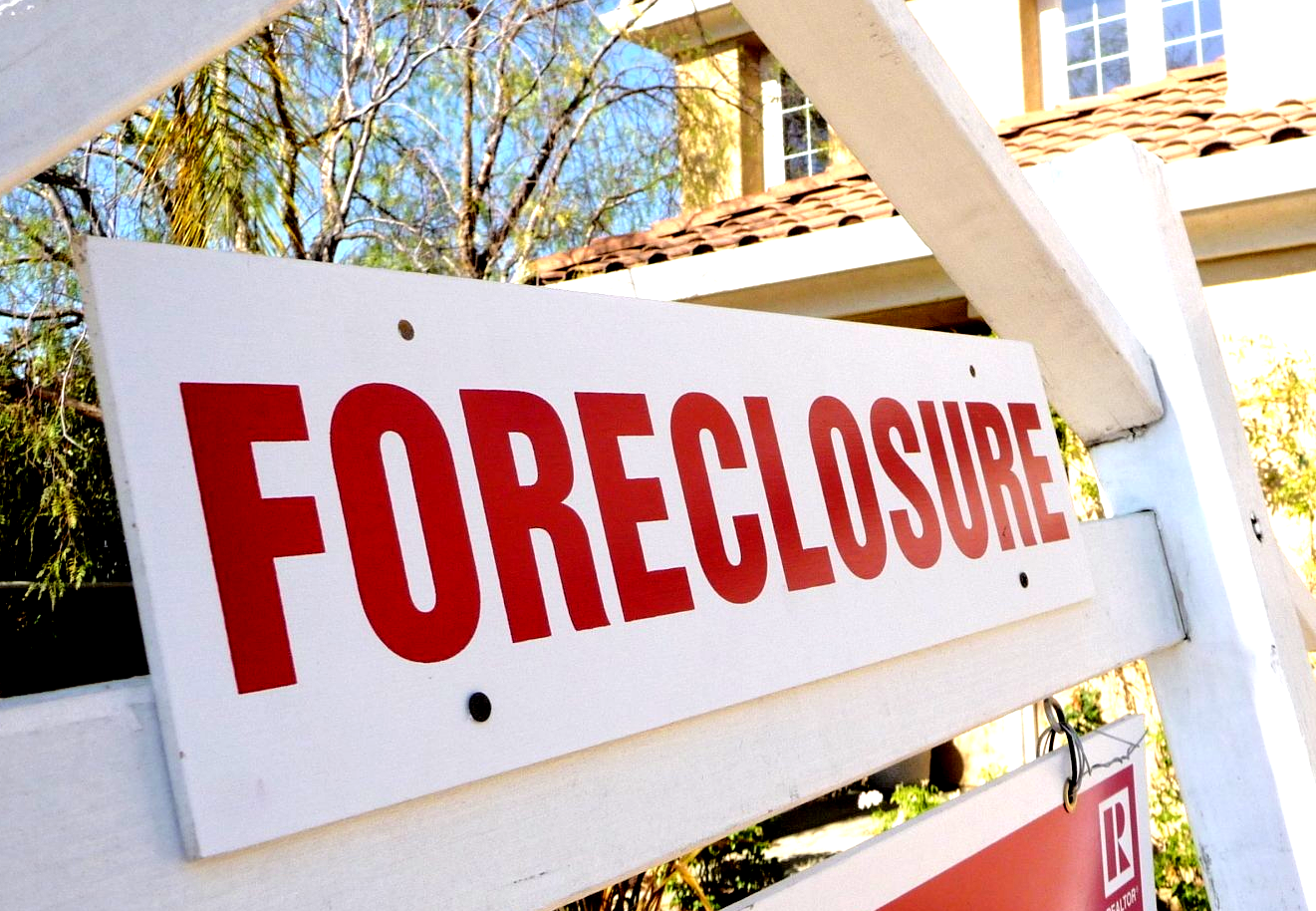Is Debt Consolidation During COVID-19 a Good Idea?
October 7, 2020
Before You Seek Out A Debt Consolidation Loan, Talk To A Financial Advisor

The COVID-19 pandemic has upended our daily lives. For many people, the illness itself is bad enough. But for others, while they and their loved ones may have remained physically healthy, their financial health has taken a hit. Job losses and furloughs are making it harder than ever for many to make ends meet.
If you are experiencing financial hardship during the pandemic - especially if your hardship is coming from high-interest credit cards - you might think that debt consolidation is the way forward. And depending on your circumstances, it might be. But there are many factors at play, so you shouldn’t try to find such a loan on your own.
In this short article, we’ll explain what debt consolidation
is and why you should speak to a debt relief attorney before attempting it.
What is debt consolidation?
Debt consolidation is the practice of taking out one large loan to pay off a number of unrelated debts. Typically, people take out an unsecured personal loan to pay off credit card debt. An unsecured loan doesn’t have collateral, so people aren’t putting their property at risk if they can’t pay the loan back. Furthermore, an unsecured loan often has a lower interest rate than a typical credit card, and the payment schedule is usually straightforward and predictable. This means that debt consolidation can make both financial and logistical sense for many debtors.
Is debt consolidation during COVID-19 a good idea?
Whether debt consolidation is a good idea depends on your circumstances. If you are employed and not furloughed, have a good credit score, and are not experiencing other financial hardship, getting a debt consolidation loan could be a smart financial move. The Federal Reserve has slashed its benchmark fund rates, which typically brings interest rates for ordinary consumers down as well. If you’re able to secure a loan, you could enjoy more comfortable repayments and significant savings over time.
“If,” however, is the key word in that sentence. Lenders are just as nervous about the financial and economic future as the rest of us are. They are not as eager to lend to ordinary consumers as they were before the pandemic, and that is especially true where unsecured personal loans are concerned. Because there’s no collateral, lenders have limited options to recoup their money if you can’t pay.
Furthermore, debt consolidation isn’t the perfect answer for every situation. It only works if you’re rolling several high-interest debts into a lower-interest debt. If you have trouble paying your mortgage or medical debt, debt consolidation may not bring you the relief you need.
Before you try debt consolidation, speak to a debt relief attorney.
The most important thing to remember about debt consolidation is that you shouldn’t attempt it alone. Only a skilled financial advisor, like a debt relief attorney, can help you take a big-picture look at your finances and determine if debt consolidation is the right course. Depending on your exact circumstances, a debt relief attorney might determine that it makes more sense for you to seek foreclosure protection or even file for bankruptcy.
If you’re facing insurmountable debt in the greater Chicago area, turn to Kenneth S. Borcia & Associates. We are proud to serve for Lake County, North Chicago, Waukegan, Round Lake, Zion, Antioch and the surrounding areas. We’d be happy to help with debt consolidation or other legal services, so call us today.

If you need to file bankruptcy, read our blog post to learn some of the ways it can help you. If you need to file Chapter 7 or Chapter 13 bankruptcy and want to speak to a bankruptcy attorney, look no further than our team. We serve Lake County, North Chicago, Waukegan, Round Lake, Zion, Antioch, IL & beyond. Call today.









